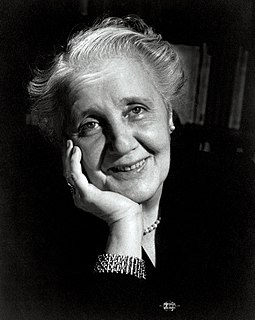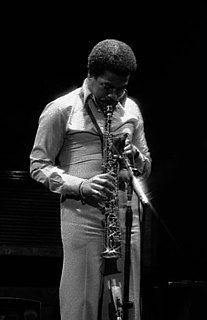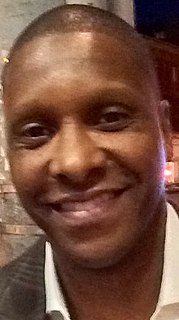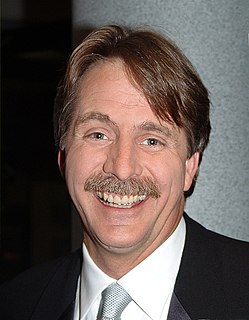A Quote by Sigmund Freud
The whole life of instinct serves the one end of bringing about death.
Related Quotes
Birth leads to death, death precedes birth. So if you want to see life as it really is, it is rounded on both the sides by death. Death is the beginning and death is again the end, and life is just the illusion in between. You feel alive between two deaths; the passage joining one death to another you call life. Buddha says this is not life. This life is dukkha - misery. This life is death.
The greatest mystery in life is not life itself, but death. Death is the culmination of life, the ultimate blossoming of life. In death the whole life is summed up, in death you arrive. Life is a pilgrimage towards death. From the very beginning, death is coming. From the moment of birth, death has started coming towards you, you have started moving towards death.
The first thing I would like to tell you about death is that there is no bigger lie than death. And yet, death appears to be true. It not only appears to be true but also seems like the cardinal truth of life - it appears as if the whole of life is surrounded by death. Whether we forget about it, or become oblivious to it, everywhere death remains close to us. Death is even closer to us than our own shadow.
Laughter. Yes, laughter is the Zen attitude towards death and towards life too, because life and death are not separate. Whatsoever is your attitude towards life will be your attitude towards death, because death comes as the ultimate flowering of life. Life exists for death. Life exists through death. Without death there will be no life at all. Death is not the end but the culmination, the crescendo. Death is not the enemy it is the friend. It makes life possible.
Death is not the end, but the beginning of a new life. Yes, it is an end of something that is already dead. It is also a crescendo of what we call life, although very few know what life is. They live, but they live in such ignorance that they never encounter their own life. And it is impossible for these people to know their own death, because death is the ultimate experience of this life, and the beginning experience of another. Death is the door between two lives; one is left behind, one is waiting ahead.
There have been only two taboos in the world: sex and death. It is very strange why sex and death have been the two taboos not to be talked about, to be avoided. They are deeply connected. Sex represents life because all life arises out of sex, and death represents the end. And both have been taboo - don't talk about sex and don't talk about death.
There are a lot of ways to talk about the life of a photograph. You can talk about the afterlife of a photograph, and in the end I talk about that, with the Richard Prince picture. But mainly, what I dedicated the book to being about was how photographs begin their life, and where they begin it. And they begin it with the photographer's imagination and instinct and experience.

































